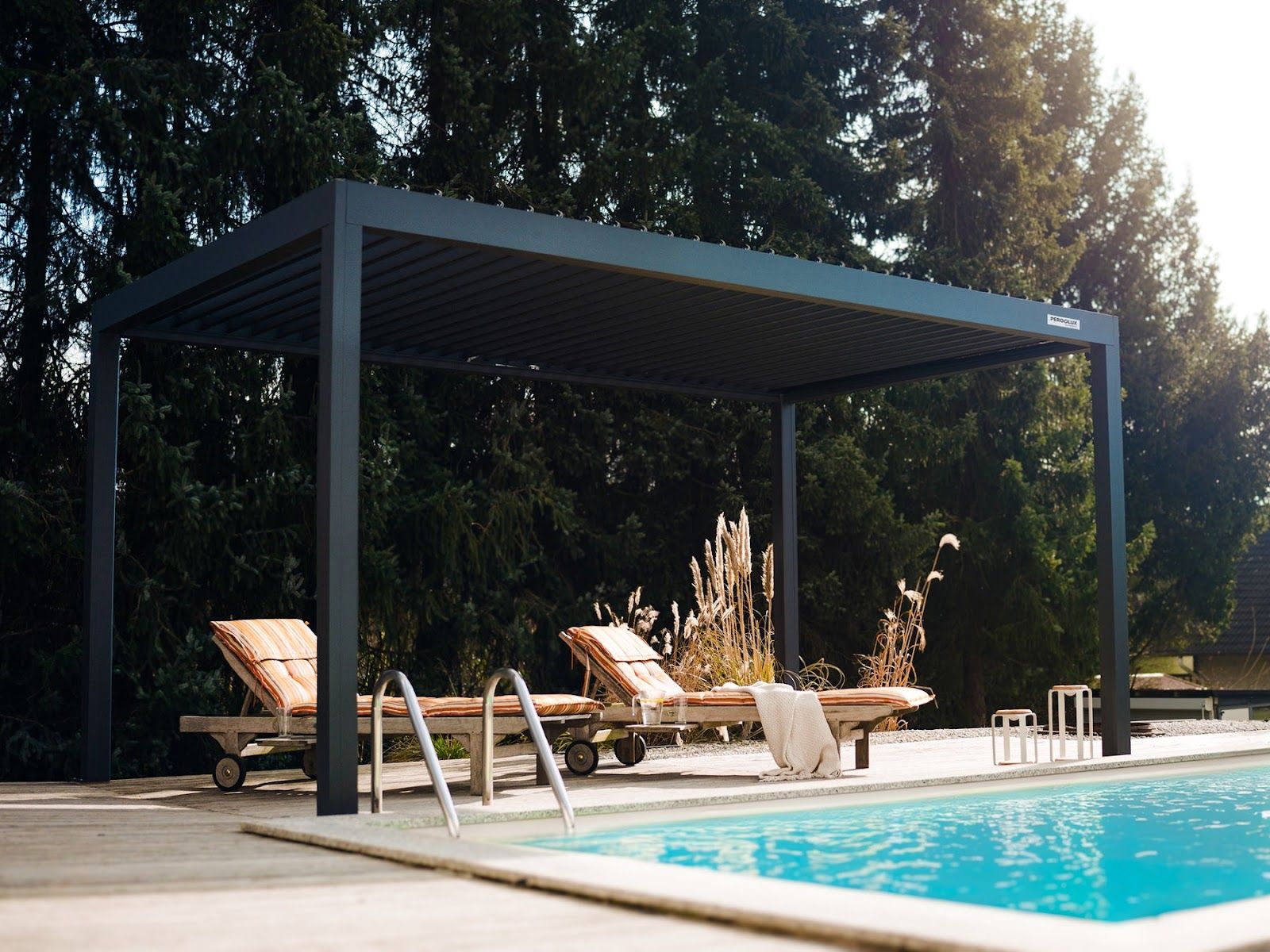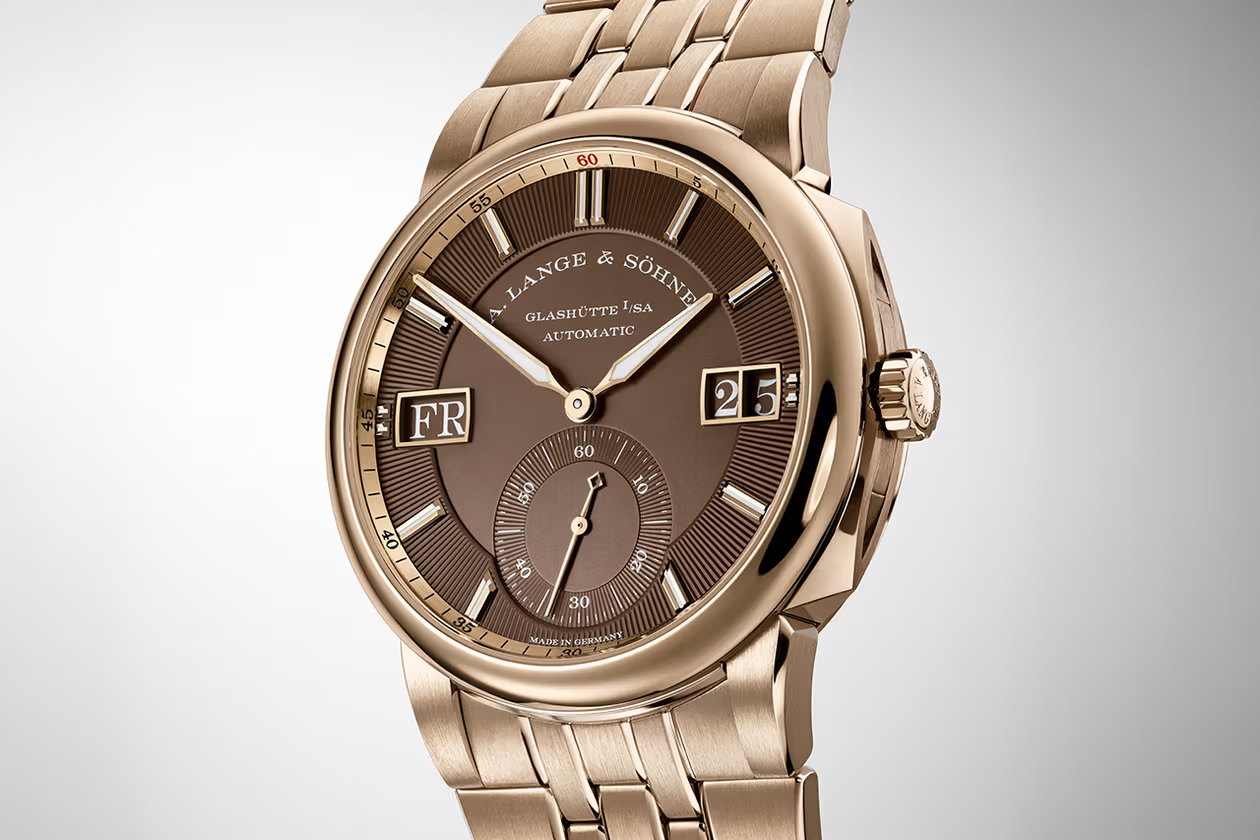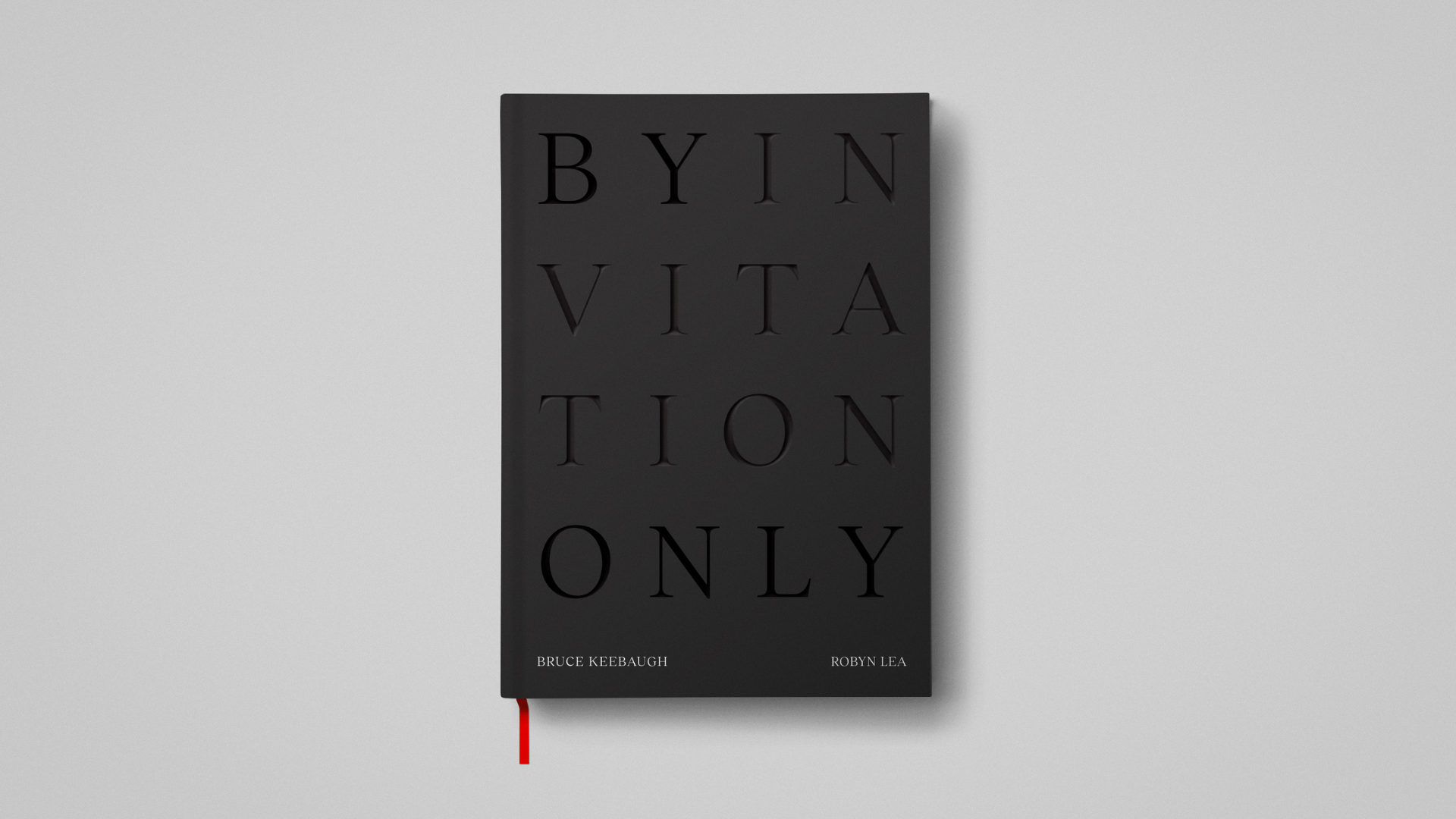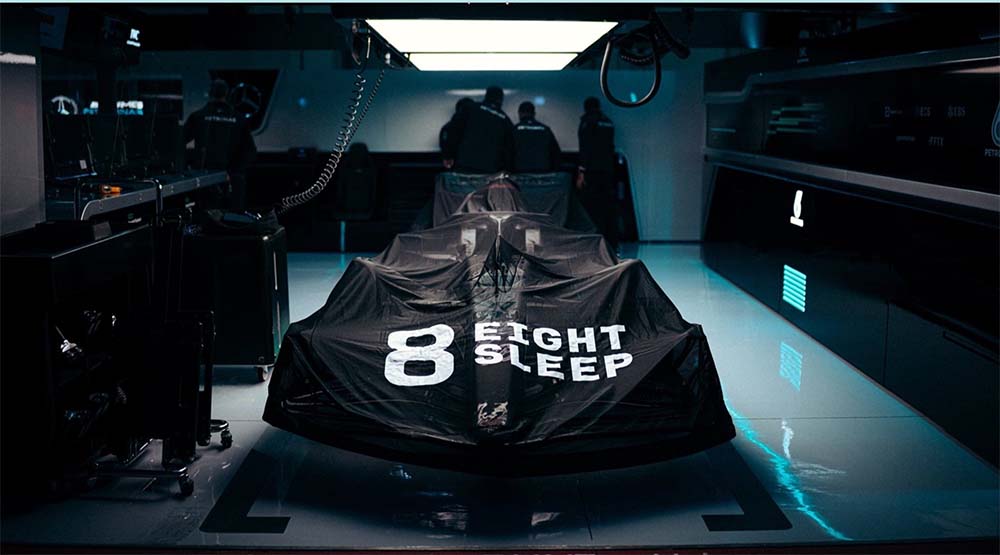Into the world of the very online dad
Dads who write jokes on the Internet have found a place the rest of us can only dream of: They call it ‘the rooms.’
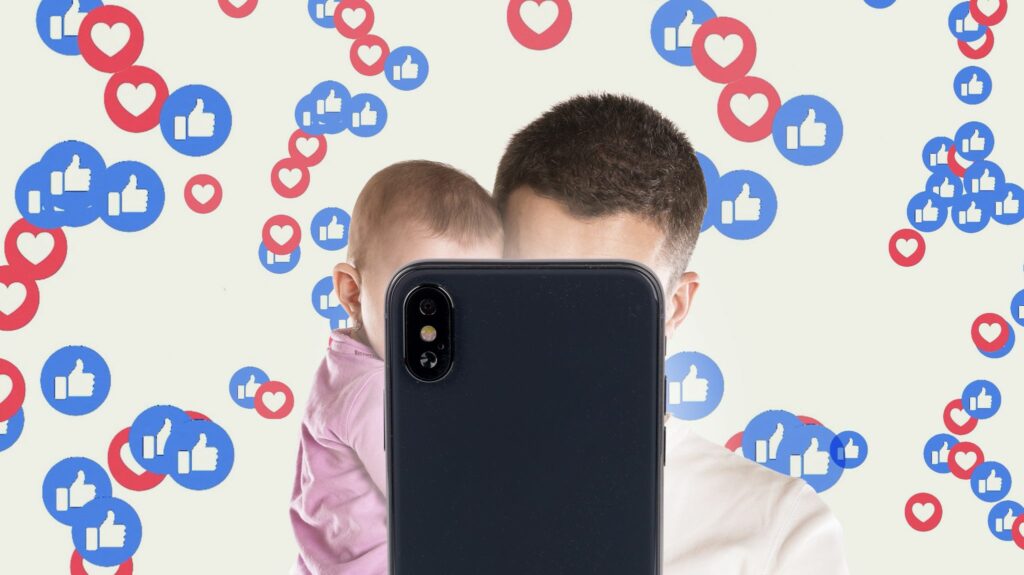
THE FIRST TIME I consciously registered a dad meme online, I was a little embarrassed by how funny I found it. We were still struggling with sleep training a year in, and I was on Instagram trying to ignore the monitor, and a former spin instructor/fellow new parent shared this post that was a picture from a movie of a zombie – clothes in tatters, eyes blank, face bloody – shuffling away from an explosion. The caption was something along the lines of: Dads after the bedtime routine. It was from an account called The Dad, the most prominent aggregator of all things dadness, which had just climbed over two million Instagram followers. The spin instructor had tagged her husband with a string of crying laughing emojis.
It was so nakedly dweeby. But . . . you know . . . it did get at something real. I did feel like that zombie whenever I tiptoed out of my daughter’s room – Dead inside! Ha!
Unlike my wife’s algorithm, which, from pregnancy into each successive phase of motherhood, had been hijacked by laser-focused content full of commiseration, anxiety, joy, rage, mine had gone conspicuously unchanged. But I went back to The Dad, began to recognise the names often reposted there and on similar platforms – Dad and Buried, Dad at Law, Matt the Dad, Kevin the Dad, McDad, Dad V Girls, Bearer of Dad News, The Dad Briefs, Dad Man Walking.
Some seemed to be still obscure, if plucky, but others were, in a way, famous, like a regular dad from Georgia named Simon Holland, who’d accumulated over three quarters of a million Instagram followers, for a daily single-sentence joke about dadlife.
I reached out to dozens of these men, for some reason expecting to be ignored, but many were flattered, or at least bemused, by my interest, and willing to chat. And in every conversation, at some point, talk turns back to the rooms.
Everything, it seems, happens in the rooms – it’s a phrase tossed around by parent content creators the way an AA’er might use it: offhand but full of genuine appreciation. The place where one does the real work.
The work, in this case, is the honing of parenting humour across a variety of platforms – joke tweets (though that’s a drier and drier well), Instagram memework, and now, increasingly and with some trepidation, TikTok. I’ve been reaching out to any and all of the names I recognise who have made me chuckle or nod at some point in the past couple of years, phone glowing down at my face as both relief and accusation.
Really, all the rooms refers to is any number of private DM rooms on each platform that, if you post parent content long enough, well enough, someone invites you into. It goes way back. When I talk to Mike Julianelle, the man behind the juggernaut Dad and Buried (almost 250,000 followers on Instagram), he remembers that, in what he describes as peak blog era, he was in a closed Facebook group just for dad bloggers that must have had a thousand members (maybe five, he adds, that he’d actually want to hang out with). At its worst, Julianelle says, especially when it’s only dads, these become spaces where everyone wants attention for what they’re doing but don’t want to listen.
More often than not, though, discussion of the rooms is only positive. They bring together really big accounts and those just starting out; mentorship springs up among people who have never met, maybe haven’t seen one another’s faces, couldn’t give you a last name. Shane, who goes by Dad Man Walking, was one of a couple guys who told me he was helped along by Henpecked Hal (another account that, if you’re at all online, you’ve probably come across – avatar is a picture of Al Bundy, tone is one of matching crankiness; his posts have achieved that semi-fame of unattributed ubiquity). So a star like that will be in a room, but also a newbie with three hundred followers who just got noticed. They’re all trying out bits, giving advice, mobilising to aid one of their own being attacked in the comments.
It’s the hallowed shoptalk table at the back of a comedy club, except virtual and on a Tuesday afternoon, as people are slogging through IT jobs or half watching on the sidelines at soccer practice, and a lot of the time is spent commiserating about earaches. They’re all hovering in some stage of the purgatory between novice and willing to call themselves at least a type of comedian.
They’re all working in a subgenre so narrow in its dictums, its need for brevity and instantly recognisable universality – how many ways can you say, If I wasn’t a parent, I’d probably be happier, but not really? Or Women have expectations that men fail to live up to? Or I need caffeine in the morning, booze at night? They help each other through it.
Simon Holland tells me there are joke formats within the space that he – not to be bigheaded, just honest – considers his, and they’ve now become repeat viral moments for everyone else.
I ask for an example, and he says, “Okay, so you know the one where it’s like, ‘Let’s get married and have kids, so instead of [insert cool thing] we can [insert awful thing]’?”
Of course I do. A classic.
Well, that’s his from way back. And it’s not like he minds it being public property; it’s just interesting how some people use it so well, find new things in it, whereas most just make it seem, in his words, “kind of mid and played out.”
It’s the hallowed shoptalk table at the back of a comedy club, except virtual and on a Tuesday afternoon, as people are slogging through IT jobs.
Every dad in the space is cultivating a voice just enough his own. And yet, despite the repeat character within these jokes – somewhat emotionally stunted; often wanting nothing more than to be left alone; feeling in petty, compulsive competition with his peers (another Simon Holland banger is the rival dad joke format) – their relationships behind the scenes subvert the stereotype more than perhaps any they’ve ever known.
Henpecked Hal, who tells me his real name is Chris and his Zoom camera isn’t working, says, “In the rooms, we’re as close as you can be without really knowing each other.”
He laughs but says, while it’s weird to acknowledge, he means it. You come in thinking you just want to make your little jokes, get your likes, but eventually, if you stick around, it has to be something more. You’re in these spaces every day with people going through the same stuff who begin to resemble friends.
He describes the moment he understood the true power of parent jokes online, from way back in the infancy of his posting (2016). He’d begun a list of all the shit that made his toddler cry over the course of two months. He did it, he tells me, because “sometimes I could barely stop laughing, this stuff was so stupid.”
He fit the funniest examples into a tweet, posted, and was shocked when it shot above four hundred thousand likes.
“The thing I realised,” he says, “is I didn’t matter at all. My jokes, the actual shit my kid said – that wasn’t what made it popular. I could see when people were retweeting it; they weren’t saying, ‘Hey this guy’s hilarious,’ they were saying, ‘Check out the replies.’”
All these strangers were bringing their own lives to the bit, their frustrations that either resembled or one-upped Chris’s, or the little oddities they’d forgotten in their own kids and realised they missed. There were a lot of older parents, he says, pining for that particular hysteria of toddlerhood. In the rooms, everyone was chiming in, too, cheering him on.
“It became an open forum,” Chris says. “I just started that forum.”
He describes parent content as a closed loop – any gesture toward specificity is only in service of the invitation for recognition. I guess, in some ways, that’s the concept of all humour, of all art. But there’s something particular to these constraints. I know I’m often still amazed by the tension between how overwhelmingly important I find every detail of my daughter’s life and how they instantly resemble every other parent’s anecdotes. Is that a disappointment? A relief?
For Shane at Dad Man Walking, his popularity escalated during the hardest period of his life. His wife was diagnosed with breast cancer. He was trying to not get fired while handling the homeschooling, while caring for her, while attempting to sublimate his own fear and grief. He was posting through it; he was in the rooms.
“You know,” he says, gesturing to me through the screen, “it’s hard for us guys to say what we’re feeling. I’ve had more guys express what they’re really feeling, I’ve expressed more, in these rooms, than in the entire rest of my life.”
He says this without judgment; it’s plain fact. He was, still is, loath to complain (well, unless it’s for a joke) and even more unwilling to ask for money, but when he unburdened himself in the rooms, he was encouraged to set up a GoFundMe. People shared their own stories and shared the GoFundMe nestled within their jokes. The speed with which the money came in stunned Shane, as did the amount of men he’d never met in his replies and DMs, offering vulnerability along with solidarity. He wrote back.
“Maybe it’s easier,” he says, “if the person you’re talking to doesn’t really know you.”
I’m often still amazed by the tension between how overwhelmingly important I find every detail of my daughter’s life and how they instantly resemble every other parent’s anecdotes. Is that a disappointment? A relief?
I’ll admit that part of me is tempted to frame this all as an easy joke. It fits snugly into the cartoon dichotomy of how a dad story can be told: either stubborn stoicism or the biggest, most obvious emotion. This is the exact curated ratio of the The Dad’s feed – giggle, giggle, giggle, weep. A dude doesn’t think he needs kindness until it smothers him and refuses to relent – Robin Williams whispering It’s not your fault into Matt Damon’s ear in Good Will Hunting.
But, as always, recognising the joke doesn’t mean I’m not in it. I want to tell Shane that I haven’t found what he has yet. That it’s still enormously difficult for me to be honest with other men, particularly about parenting, like if I’m honest I will have lost at some undefined competition constantly running through my mind. I’m thinking about the first time my dad group chat approached honesty and how it felt like a revelation. We’d existed mostly as a repository for tepid laughter. I spent paternity leave sending near daily pictures of me at a bookstore/bar, holding a beer, the baby just visible over my shoulder. Everyone smashed the haha response. We competed unofficially for the best way to describe the grossness of a diarrhoea diaper. We complained about new aches and pains, the flabbiness born from the world’s most exhausting type of inertia. Then, one night a friend wrote, Does this ever get better? He was in the hell of failed sleep training, sending a lonely missive. Of course, there was a flurry of response. Of course, we’d all been waiting for the chance to say it gets better, which really meant a chance to say, It was hard for me, too.
That was three years ago and I still remember it. Sometimes, I feel our conversations nibbling at the edges of that same tone, restless, someone needing something they won’t articulate. Often, that person is me.
THE PROBLEM WITH parental solidarity is that it’s both an introductory necessity and a myth. Helping keep a kid alive shouldn’t be, isn’t, enough to foster a coherent collective point of view. Parents who love their own children are doing very cruel things to other people’s children every day. But in this moment when a cultural conversation around the aims, stresses, and responsibilities of parenthood (as always, read motherhood) is unavoidably political, the world of the online dad, for the most part, just isn’t.
Meanwhile, any time a mom posts about being a mom, a bunch of guys who look like my cousin Dave want to make them pay for the sin of being a woman in public. This is no revelation, I know, but I find it particularly weird that the tropes the dad joke persona embodies create a picture of a man who looks a lot like the cousin Daves of the world: white dude, straight, short-cropped hair, worried about inflation, possessing a lawn and interested in caring for it, annoyed at the various sensitivities, privileges, and complexities of today’s youth. These implications go unspoken. A crucial part of the bit, performing and consuming, is that the dadness defangs this idea of a man. A dad can make the world as narrow as he likes, craft a joke that attempts to hit no nerves.
When I talk to these dads, there’s near universal agreement that motherhood, especially public motherhood, is a political act, if only for the pressures foisted onto moms. When big mom accounts take a stand, the dads support it in that particular tone that so many of us fall into when discussing our wives’ experiences in parenthood alongside ours: helpless reverence.
A few of the dads say versions of this: that in real life, if anyone cared to ask what they think, they probably agree with the Scary Mommies of the world. We’re speaking, I assume, about the right to choose, parental leave, universal childcare, maybe even gun control, though we don’t say it. They do the thing that I hear myself doing whenever I talk parenting, the quick list of acknowledgments of various privileges as a caveat to whatever opinion is about to be offered, like the side effects at the end of a pharmaceutical commercial – a requirement sped through; at this point, you hardly register it.
Simon Holland tells me, “I know the privileges I have as a straight white dad guy, right? Like, I get it. But I’ve never been of the thought that once someone’s got a certain number of followers, they suddenly have a responsibility to weigh in. I didn’t do this to be a beacon of truth or hope; I did it to make you chuckle for five seconds. I’ll say it like this – to me it’s the same as not cussing much. Why am I going to cut out whatever percentage of my audience if I don’t have to?”
The last thing a dad account wants to do is come off as preachy. If there’s an agreement that fathers don’t like being told what to do, well then they certainly don’t want to be preached to. A dad will make fun of how much he sucks, yes of course, but it’s not exactly cool when some other guy thinks he’s better.
We’d all been waiting for the chance to say it gets better, which really meant a chance to say, It was hard for me, too.
“I haven’t been scared to write about having daughters and all that, changing the diapers, making dinner,” Holland says. “But it’s not like I have this woke self-importance to tell other dads, ‘You should do this.’ I just happen to do it.”
There is, I suppose, something hopeful in the idea of cook-the-dinner, change-the-diaper fatherhood posted, shared, and reshared as something apolitical. That even the guy in your mind who’s angry at taxes and participation trophies loves his kids, tires himself out with all that love, and needs a chuckle break. In a piece for The Atlantic called “The Dad-Joke Doctrine,” the journalist Ashley Fetters quotes a linguist who goes so far as to say that dad humor online stands as an oasis in what is otherwise the desert of a new age of nastiness within political and cultural discourse. (The linguist was also a dad, and it’s unclear which expert point of view he was speaking from.)
“There wasn’t a lot of talk about masking, vaccines, all that, in the rooms,” Vinod Chhaproo tells me. “I have my opinions; I’m sure others do.”
Chhaproo was born in India, works on Wall Street. He’s also a dad making jokes online, a beloved member of many rooms, and now has a burgeoning stand-up career. That’s the thing with parenting, he says. It can be so universal. Putting the kids to bed, cleaning up after them – you can always find a place to commiserate. But on the other hand, you’re working within parameters that everyone knows but most don’t live. He doesn’t have a lawn to care for, or a set of memories about how it supposedly used to be.
Sometimes the reality of the world can’t not force its way into the rooms. After the Uvalde school shooting, Chhaproo found himself commiserating about his sadness, his anger, his fear – these were fellow fathers he was talking to, after all.
“I was talking about being afraid of taking my kids to school the next day,” he tells me. “And one pretty popular account is former military, I think – knows more than me anyway. He was sending me links to these backpacks you can buy that are bulletproof. That was nice.”
I can’t tell if Chhaproo is poking fun at this exchange or not. I don’t think so. Either way, the possibility to not think so is key. Ultimately, a lot of the conversations I have with the dadfluencers come down to this central equation: the degree of self-awareness they feel in their joking dad personas, the degree to which the audience acknowledges it, and the degree to which it matters at all. How much of one’s self does a dad see in the bit?
Simon Holland puts it like this: “With my Rival Dad thing, I think probably 70 percent of the audience is laughing at how silly it is, this toxic masculinity, competitive thing. And then 30 percent are like, ‘Wooo yeah, I’m gonna kick this rival dad’s ass!’”
Holland is thoughtful about his work and why it’s funny and all the subtleties of fatherhood talk, sometimes even as he’s claiming that it ain’t that deep. The bit wouldn’t hold up, he says, if there wasn’t truth to it. Like he’s got friends who mean a lot to him, and that’s beautiful, but he still wants nicer shit than they have. Even if he knows it’s silly, even if he doesn’t like it in himself, he feels it. He notices that, of the people who recognize his name and come up to him, there’s a subset of men who can only respond by tossing ideas at him like they’re doing him a favor, unaware that they’re fully embodying the joke.
The other side of the interpretation risk is not when macho dudes identify with something you mean to critique, but when an audience assumes you aren’t in on your own joke. For Chris at Henpecked Hal, his biggest hit (and a tweet I genuinely love) was also a chance for people to call him a misogynist asshole. It’s a simple conceit: My wife left me home alone with the kids to go out drinking with her friends. A lesser man might whine and complain, but instead I’m just playing Chumbawamba’s 1997 hit “Tubthumping” over and over and over. On the jukebox at their bar. Using the TouchTunes app.
“I had all these people in my mentions,” Chris says, “like, ‘You piece of shit, your wife gets one night to have fun, and you have to stay home with the kids, and you’re going to wreck it?’”
So, there he was, climbing up toward half a million likes and also debating whether to respond to all the haters, just to say, Hey, obviously I didn’t ruin my wife’s night, obviously I just did this for a few minutes and she thought it was hilarious. He says, “The funny thing is my wife likes to go out and I don’t as much. If anything, I’m more often the one at home putting the kids to bed – not saying that as like, wow, look at me; that’s just how it is in our house.”
He sometimes regrets his Al Bundy avatar – no matter what, hundreds of thousands of people are going to read his jokes in that voice. But it’s not just the avatar. Nearly every dad I speak to has the stories of feeling wilfully misread as the replies seize upon a bit about telling his wife she didn’t finish the dishes or complaining about his kids in a way that seems too . . . mean. Like actually mean.
“For a dad joke to work,” Chris says, “you can think you’re the hero in the story for a while, play it up, but in the end you have to know you’re the fool.”
Yet that’s the problem: The dad is an inscrutable foil; it’s up for debate what he knows. I cannot help but think here of Bean Dad, the name given the man who went horrifically viral for an anecdote that he definitely thought was cute. He tweeted through the experience of realising that his nine-year-old daughter had never had to open a can, then making her learn self-reliance by not letting her satiate her hunger with baked beans until she could get them open herself. He slow-played it into a now infamous twenty-three-tweet thread, documenting a six-hour odyssey of her failing and quitting and complaining, and him doing a jigsaw puzzle while otherwise being a classic self-reliance-stick-in-the-mud-grump. He was labeled an abuser, a narcissist, dangerous, ableist toward his daughter (who, in the assumption of these tweeters, was differently abled, I guess). In his apology, Bean Dad told the world that his daughter had been snacking the whole time, they’d been laughing together. He hadn’t mentioned it in the tweets because . . . that’s not the bit. And the bit sucked – don’t get me wrong! I’m sure there’s a great chance the guy is a narcissist, but he also isn’t the dad in the joke, not exactly. He’s a guy who didn’t consider that he could be thought of as someone not defined by good intentions. As a cruel man. As a bad father.
That’s the worst thing you can be, right? In all its dopiness, the dad character exists to own an identity that feels better than anything previous, that has come to dominate self-conception. The joke says, I’m fine being lame and old and out of shape and a shell of my former self and just as corny as I said I’d never be, because I’m this. Dadness is gentle, absolving, until it isn’t. Part of the joke is that you can screw up in all these ways and still be loveable, still be good, but then the line between good and bad gets pretty thin, and then a joke becomes unforgivable.
One of my first conversations was with an account I don’t want to name. We were talking about how sometimes dad memes can feel like a man referencing his own father as much as himself. He said his dad was funny, a real character, just not . . . present, in the ways he has learned to be.
“But I think part of the comfort,” he said, “is you realise everyone’s dad was the same. Every dad is the same. Now I’m the one telling my daughter I’ll be there with a shotgun when she brings a boy home.”
He laughed; I didn’t.
This story originally appeared on Esquire US.
Related:
What is successful nonmonogamy anyway?
The best surf beaches in Australia for every experience level











